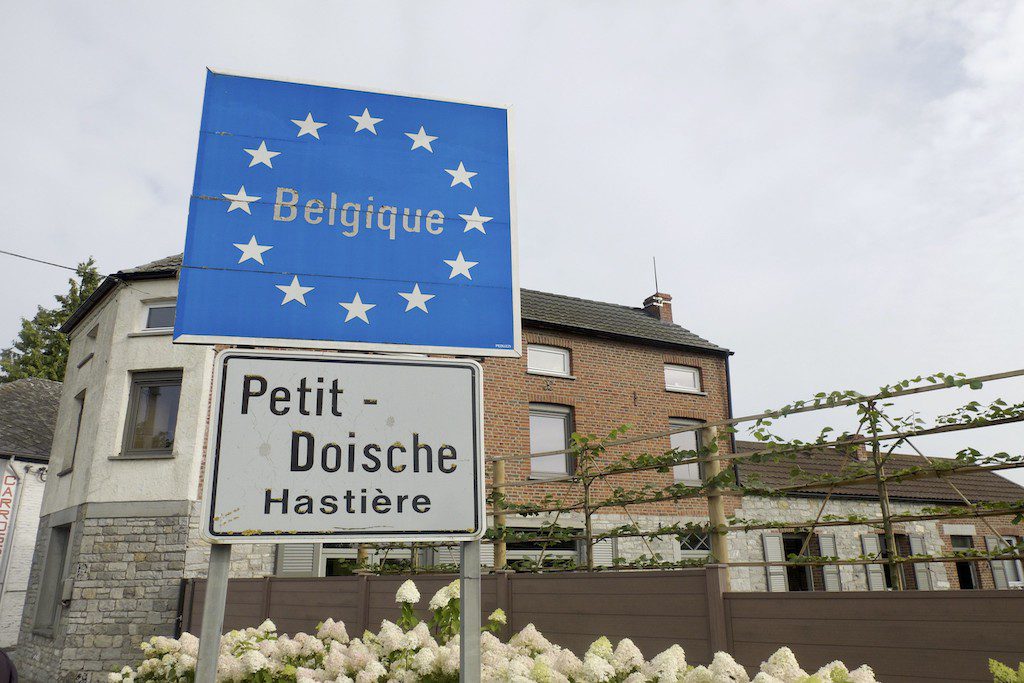Skift Take
This was expected but reopening tourism is not as simple as flipping a switch. Europe is experimenting with varying degrees of caution across the continent.
European nations eased border controls on Monday as coronavirus cases declined after three months of lockdown, with Germans escaping to holiday destinations and French people streaming into Belgium to buy cheap cigarettes.
But Spain’s continued closure, a patchwork of quarantine rules and remote-working mean pre-crisis travel levels are a way off.
Greek airports allowed more international flights as the country sought to salvage its summer, German tourists flocking to neighbouring Denmark caused an 8 km (5 miles) queue and Italians popped into France to buy lottery scratch cards.
Spain is permitting entry to a select group of holidaymakers from Germany as the Madrid government works out how to make mass tourism work now. Sunseekers queued at Düsseldorf to board tour operator TUI’s flight to Mallorca.
“It’ll be quieter than normal,” said one mask-wearing tourist, ready in a short-sleeved shirt. “But it’s a good feeling that it’s all starting up again, that we can travel again.”
The Schengen area of 22 EU countries plus Iceland, Liechtenstein, Norway and Switzerland operates control-free crossings. But for the past three months they have been mostly closed to all but goods traffic and cross-border commuters.
European officials hope the lifting of internal border controls will allow a gradual reopening to other countries from July and resuscitate a tourism industry that flatlined during the lockdown.
Tourism and recreation make up almost 10% the EU economy and even more in the Mediterranean countries, some of which were hit hardest by the pandemic.
In Greece, passengers arriving from airports deemed high-risk by the EU’s aviation safety agency will be tested for the coronavirus and quarantined up to 14 days, depending on the result. Restrictions remain for passengers from Britain and Turkey. Arrivals from other airports will be randomly tested.
The European Commission on Monday launched a site, called “Re-open EU”, giving information on travel to and within EU countries, what coronavirus-related rules apply, and whether facilities such as hotels and beaches are open.
Spain Closed
It will, however, not be a return to unfettered travel for the Schengen area’s 420 million inhabitants.
Spain will allow no foreign tourists until June 21, with exceptions for some Spanish islands.
Elsewhere, the right to travel will depend on where you live and where you are going. The Czech Republic has a traffic-light system, barring entry for tourists from ‘orange’ or ‘red’ countries such as Portugal and Sweden.
Denmark will allow in tourists from Iceland, Germany and Norway, but notably not Sweden, on condition they book at least six nights’ accommodation.
Britain’s two-week quarantine for visitors means Britons will face the same confinement in France.
Before the crisis, an average of 3.5 million people crossed an internal EU border every day, according to a 2019 European Parliament report, some 1.7 million of them commuters.
Many of the latter are now working from home, while continued restrictions and health concerns are expected to curb tourism and business travel.
In the Belgian village of Macquenoise, tabac stores did brisk trade as French citizens streamed across the border to buy cheaper tobacco after suffering higher prices at home since mid-March.
“It’s worth the effort,” said Nadege Caplain, making an early-morning 200-km (125 miles) round trip to buy cigarettes for her and her family.
(Reporting by Philip Blenkinsop in Brussels, Clara-Leila Laudette and Isla Binnie in Madrid, Catarina Demony in Lisbon, Richard Lough in Paris, Pascal Rossignol in Macquenoise, Jan Lopatka in Prague, Andreas Mortensen in Copenhagen; Writing by Phil Blenkinsop and Richard Lough; Editing by Ros Russell and Giles Elgood)
This article was written by Philip Blenkinsop and Isla Binnie from Reuters and was legally licensed through the NewsCred publisher network. Please direct all licensing questions to [email protected].
![]()
The Daily Newsletter
Our daily coverage of the global travel industry. Written by editors and analysts from across Skift’s brands.
Have a confidential tip for Skift? Get in touch
Tags: coronavirus, europe, tourism
Photo credit: A town on Belgium's border with France Clement / Flickr
